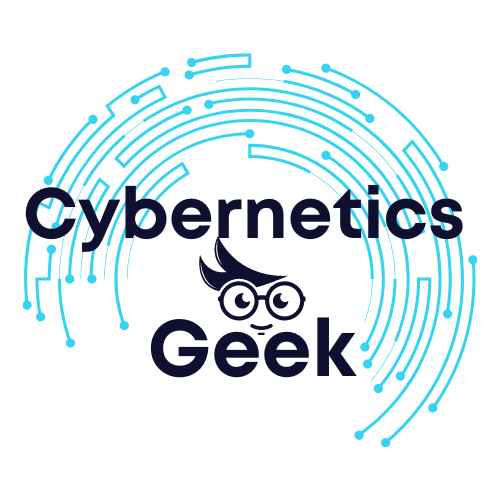In today’s interconnected world, a strong, unique password is your first line of defense against cyber threats. From protecting your personal information to securing sensitive business data, understanding the importance of a well-crafted password is critical to safeguarding your digital life.
Why Passwords Matter
Every account you own—be it email, banking, or social media—is a potential target for cybercriminals. Passwords serve as the lock and key to these accounts, and weak passwords are like leaving the front door of your home wide open.
According to cybersecurity reports, weak or reused passwords are among the top causes of data breaches. Hackers use automated tools that can crack simple passwords in seconds. Once they gain access, the fallout can range from stolen identities to drained bank accounts.
What Makes a Password Strong?
A strong password isn’t just about complexity—it’s about unpredictability. Here’s what to aim for:
- Length: Aim for at least 12 characters. Longer passwords are exponentially harder to crack.
- Complexity: Use a mix of uppercase and lowercase letters, numbers, and symbols.
- Unpredictability: Avoid dictionary words, names, or predictable patterns like “Password123.”
- Uniqueness: Every account should have a unique password. This ensures that even if one account is compromised, others remain secure.
The Danger of Reusing Passwords
Reusing passwords across multiple accounts is a common, yet dangerous, habit. Why? Because of a tactic called credential stuffing. Here’s how it works:
- Hackers breach one site and steal usernames and passwords.
- They try the same credentials on other platforms (e.g., your email, bank, or social media).
- If you’ve reused passwords, they now have access to multiple accounts.
One breach can quickly cascade into a full-scale compromise of your digital life.
Creating and Managing Unique Passwords
It might feel overwhelming to create a unique password for every account, but modern tools make it manageable:
- Use a Password Manager: Tools like LastPass, Dashlane, or Bitwarden store and generate complex passwords for you. With a password manager, you only need to remember one master password.
- Avoid Memorization: Relying on memory for all your passwords often leads to shortcuts like reusing them. Let technology handle the complexity.
- Update Regularly: Change your passwords periodically, especially for sensitive accounts.
Tips for Crafting a Strong Password
Here’s an easy formula for creating a secure, memorable password:
- Start with a unique phrase: “MyTravelToParis2024.”
- Add symbols: “MyTravelTo@Paris2024!”
- Mix up capitalization: “mYtRavelTo@pAris2024!”
While this approach works, a password manager can generate even stronger combinations, ensuring randomness and security.
Staying Ahead of Hackers
Hackers are always evolving their tactics, which means you must stay proactive. Here are a few additional tips:
- Enable two-factor authentication (2FA) on accounts where possible.
- Monitor your accounts for suspicious activity.
- Be cautious of phishing attempts, where attackers try to trick you into revealing your password.
Conclusion
A strong, unique password is the foundation of a secure digital life. By taking the time to create and manage better passwords, you’re not just protecting yourself—you’re making it harder for cybercriminals to operate.
Start today: review your current passwords, update weak ones, and commit to using unique credentials for every account. In cybersecurity, prevention is always better than recovery.
